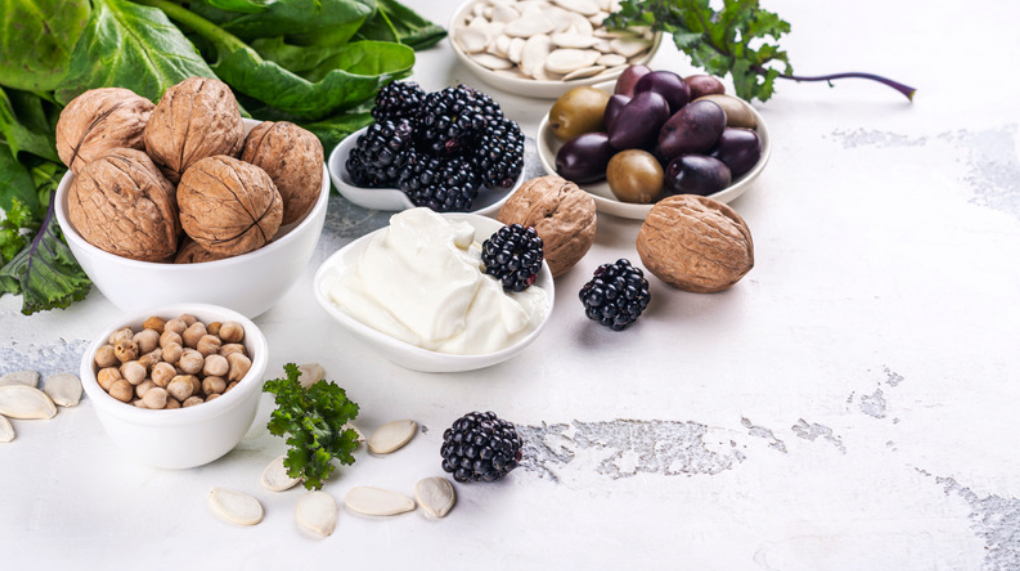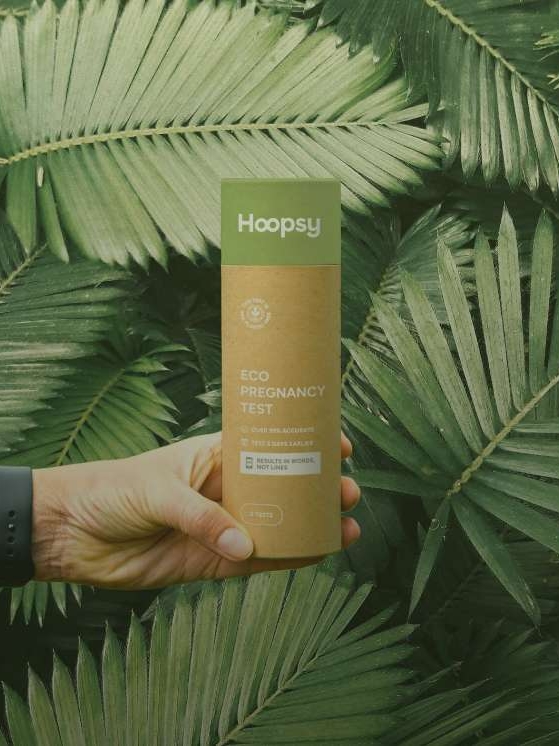Food won’t magically make a baby appear – unless you count a food baby! But the nutrients you put on your plate can have a real impact on your fertility and overall well-being. Certain vitamins, minerals, and healthy fats can support hormone balance, egg quality, and even sperm health (Source: Harvard Health)
That doesn’t mean you need to overhaul your entire life overnight. Sometimes small tweaks, like eating more leafy greens or a handful of nuts every now and then, can make a difference over time.
In this post, we’ll explore some of the most fertility-friendly foods you can include in your meals, plus answers to the common questions people often have regarding diet and fertility. While these foods can’t guarantee a pregnancy, a few studies I’ve read suggest that the following may help.
Top Fertility-Friendly Foods
1. Spinach, kale or broccoli – the cool kids of leafy greens
Over the years, my relationship with vegetables has definitely changed. I used to avoid them, and now I’m that person who orders broccoli as a side at Nando’s. For anyone outside the UK, Nando’s is a popular chicken chain where chips and garlic bread are the usual favourites – so much so that when former Prime Minister Rishi Sunak admitted he orders broccoli there, it caused national outrage. It was like the white-and-gold dress debate of side dishes.
If you are trying to conceive, spinach, kale and broccoli are packed with folate and iron, which are crucial for having healthy ovulation and egg development. Folate is one of the most studied fertility nutrients for women trying to conceive and has even been shown to reduce the risk of neural tube defects. These veggies also contain antioxidants and fibre that support hormone balance and overall reproductive health. Add them to salads or stir-fries for a simple fertility boost.
2. Salmon, sardines or mackerel – your omega-3 powerhouses
Fishes such as salmon, sardines and mackerel are packed with omega-3 fatty acids, which support egg quality and keep the sperm strong and swim-ready. Some fish contain mercury, a natural metal that can build up in the body and be harmful if you eat too much. Stick to safer, low-mercury options like these a couple times a week.
3. Nuts and seeds – tiny but mighty
Walnuts, pumpkin, flax and chia seeds may be small, but they pack a great amount of zinc and vitamin E. Zinc is crucial for sperm production in men and supports egg development in women. Vitamin E is an antioxidant that protects reproductive cells from damage. Sprinkle them on some yoghurt or oats – they’re small but powerful.

4. Who can say no to blueberries, strawberries or raspberries?
Blueberries, strawberries, and raspberries help protect eggs and sperm from oxidative stress – in simple terms, they help reduce cell damage thanks to their antioxidant power. Oxidative stress happens when harmful molecules called free radicals start to build up in the body. These unstable molecules are produced naturally when we breathe and use oxygen, but things like pollution, stress, and a poor diet can cause extra free radicals to form. When there are too many, they can damage cells, including eggs and sperm, which may affect your reproductive health over time. By adding more berries to your diet, you’re giving your eggs and sperm extra protection against oxidative stress.
5. Oats, quinoa or brown rice – not everybody’s cup of tea…
HOWEVER, your hormones will thank you. Whole grains may seem a little boring compared to berries or nuts but they’re packed with fiber, which helps keep your blood sugar steady. Stable blood sugar is important because big spikes and crashes can mess with your hormones, helping towards ovulation and sperm health. Additionally, grains contain B vitamins, giving your body energy along with supporting reproductive health.
6. Milk, yogurt or plant based magic in a cup – The smooth operators of fertility nutrition
Yogurt, milk and plant-based alternatives provide calcium and vitamin D, essential for hormone regulation and overall reproductive function. Some studies suggest that full-fat dairy may even help support ovulation in women with irregular cycles (Source: National Library of Medicine). Even if you’re not a dairy fan, fortified plant based alternatives like soy or almond milk can give you many of the same nutrients.
7. Can’t forget the humble beans: lentils, beans or chickpeas.
Finally, these beans are packed with protein and fiber, supporting hormone balance and ovulation. Legumes contain iron, crucial for ovulation and zinc, key for sperm health in men. Plus, they’re full of B vitamins – a win-win!
Small, simple changes to your diet can make a real difference over time. Which of these fertility-friendly foods will you add to your meals first?
About Hoopsy
Hoopsy is on a mission to make healthcare more sustainable—starting with eco pregnancy test kits. Our plastic-free, paper-based hCG pregnancy test strips reduce waste without compromising accuracy. We believe better health starts with better choices—for you, and for the planet.
Learn More About…








